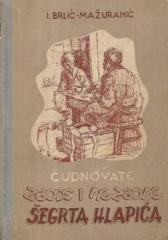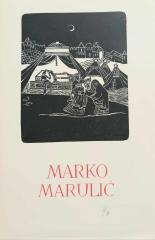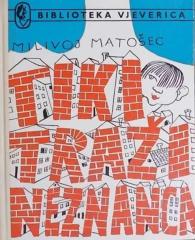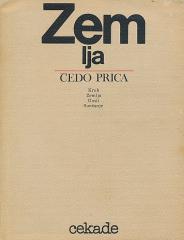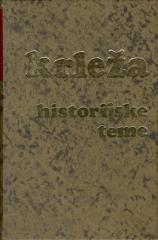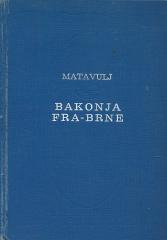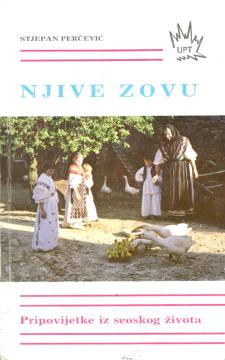
Njive zovu: Pripovijetke iz seoskog života
The collection "The Fields Are Calling" by Stjepan Perčević brings stories about life in the Croatian countryside. Through a series of short stories, the author portrays the rural community, its joys, sorrows and interpersonal relationships, emphasizing
The main themes of the collection include hard farm work, family ties, moral dilemmas, and conflicts between tradition and modernity. The characters are ordinary people – peasants, mothers, children – whose stories reveal universal truths about life. In stories like the title story "The Fields Are Calling", Perčević emphasizes the symbolism of the land as a source of life, but also the burden that binds man to it. Field work is depicted not only as physical effort, but also as a metaphor for perseverance and the struggle for survival.
The author's style is characterized by simplicity, but also by poetic descriptions of nature, which emphasize its beauty and cruelty. The dialogues are natural, reflecting the speech of rural people, while the narrative tone often carries melancholy and compassion for the characters. The collection also explores social changes, such as the departure of young people to the cities, leaving older generations faced with loneliness.
"The Fields Are Calling" depicts the life of peasants as a complex web of joy and pain, celebrating their resilience, but also warning about the disappearance of the traditional way of life.
No copies available
The last copy was sold recently.
